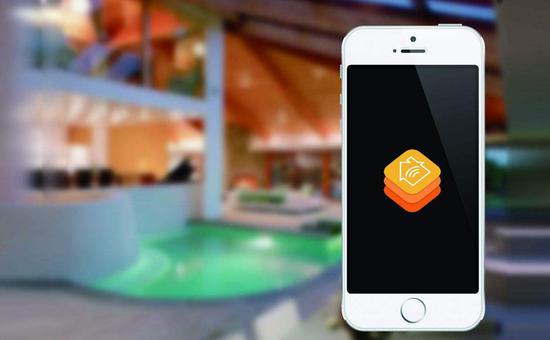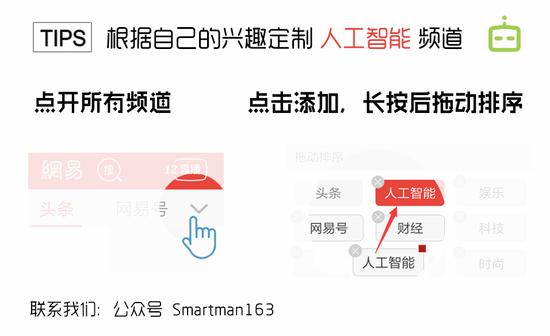The concept of the smart home market has been around for some years. Even in the Chinese market, there have been many manufacturers in different fields, such as millet and Meizu, as well as traditional equipment manufacturers such as Haier and Midea. BAT and other Internet giants, but due to the inability of standards to be unified, the user experience is not ideal, the integration of pre-installed market resources is not enough for a variety of reasons, the pace of adoption of smart home is really slow, and did not meet expectations. But recently, good news has come. Apple and R&F Group have set up a model for smart homes in Beijing. They started a promotional campaign for the HomeKit protocol and “home†app on their iOS system. Does this mean new? A round of smart home popularity will soon come. The user experience is still Apple's "magic" The reporter had the privilege of experiencing for the first time this model of smart home built by Apple and R&F. Through the Siri voice assistant on the mobile phone, you can easily switch the door lock, control the closing of the curtains, and adjust the lighting of the desk lamp. Remotely manage air conditioners, air purifiers, indoor cameras, etc. Through preset scenes and automated operations, you can also let the system intelligently learn your usage habits, thus realizing the management of various “single-button†indoor smart devices. Is it a little heart? Compared with some smart home systems already on the market, the system built by Apple based on HomeKit components and "home" apps is not much different in terms of technology in nature. It is all based on WiFi modules on smart home appliances. management. However, in terms of user experience, Apple still reflects its big factory style. First of all, it is very difficult to get started, and is unified in the "home" app user interface, and can be used by Siri in iPhone, iPad and even Apple Watch and many other types The voice operation on the device has improved the sense of technology. In terms of security, Apple is also quite outstanding. Under the current management model, personal privacy information of users will be stored on the local iPad or Apple TV as a smart home control hub, and will not be uploaded to the cloud. It is possible to effectively eliminate the risk of being remotely attacked by hackers; in addition to the matching of third-party smart devices, as long as the third-party peripherals that are certified by Apple's HomeKit can easily scan or manually enter the 8-digit pairing. The code is easy to add. In addition, Apple's "home" app launched in iOS 10 is also very easy to use. It has built-in four modules: devices, scenarios, rooms, and automation. It can manage smart devices that have already been added in different ways. Among them, the automation module allows the user to perform scene management of multiple smart devices through some preset conditions, such as triggering the “get up†scenario with time as a condition. At 8 am, your curtains will Automatically open and so on. Industry chain synergy is still the key to the future For smart homes, the degree of support for software systems from third-party devices is critical. In this regard, this time Apple has also made a relatively full preparation. According to Apple's official disclosure data, over 100 products have been supported by HomeKit so far. The brands involved include Honeywell, Philips and other famous brands. It covers various types of door locks, switches (sockets), fans, purifiers, air conditioners, curtains, and air quality monitors. Only according to Apple's "convention", the price of these HomeKit certification devices will be higher, and based on security considerations, users also need to specifically prepare an iPad or Apple TV as the control center of the entire smart home system, the cost is no doubt It will also increase. Compared with the practice of Apple, domestic millet, Meizu and other manufacturers that have already been involved in the smart home market appear to be “affordableâ€. Taking PM2.5 air quality monitor as an example, Xiaomi Mijia's product price is 399 yuan, and HomeKit certified radium bean 2 is priced at 599 yuan, which is still a lot of expensive. But for the old Apple users, it is not really a big problem. What really confuses the users is probably the problem of the upgrading of existing household appliances to smart devices, especially in large-size products such as air conditioners, TVs, refrigerators, washing machines, and water heaters, so that more home appliance manufacturers support the HomeKit protocol. The key to whether Apple's smart home ecology can grow bigger and stronger. In addition, compared with the aftermarket, cooperation with real estate developers in the pre-installation market, that is, fine-tuned housing on the realization of complete sets of HomeKit equipment support is equally important to promote the development of the entire smart home industry. In this regard, Apple and R & F this cooperation show is also a good start, and for the future further more in-depth strategic-level cooperation provides a lot of market imagination. Table Air Purifier,Table Top Air Purifiers,Table Top Air Filter,Tabletop Hepa Filter CIXI KYFEN ELECTRONICS CO.,LTD, , https://www.kyfengroup.com
 燑br>
燑br>